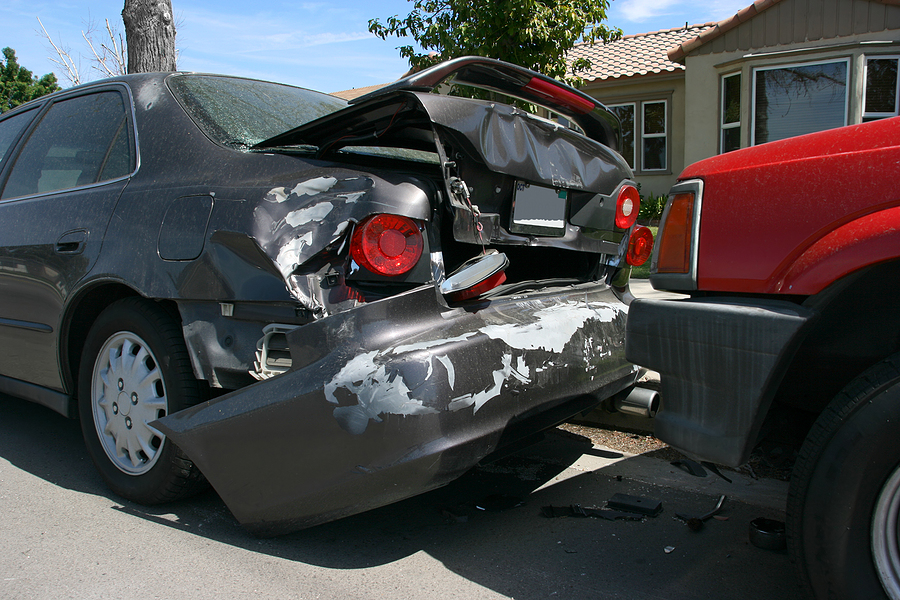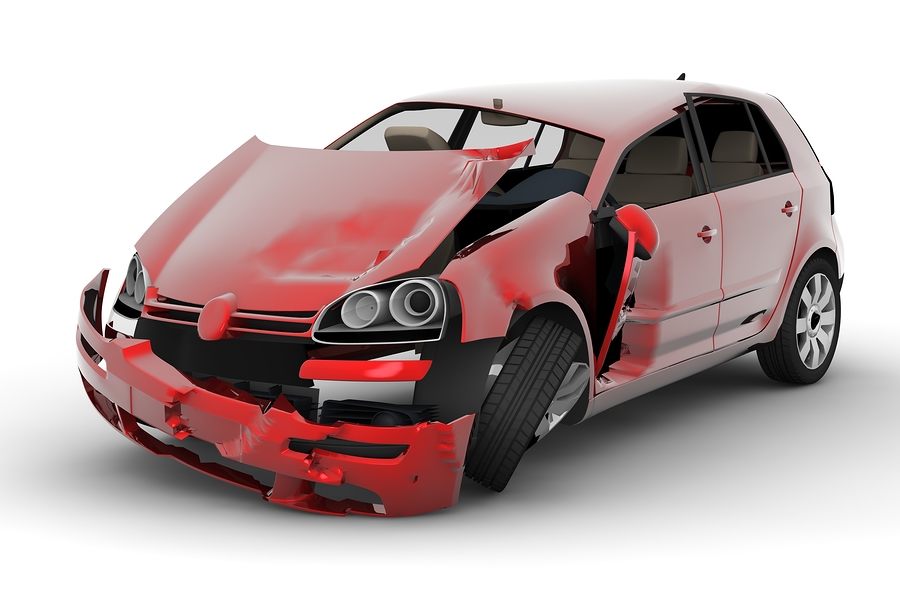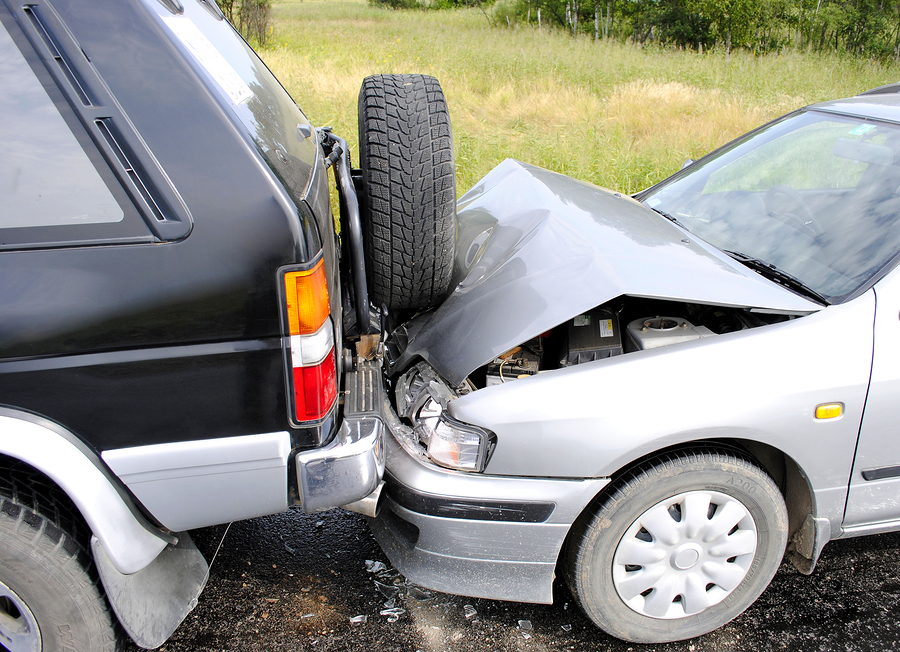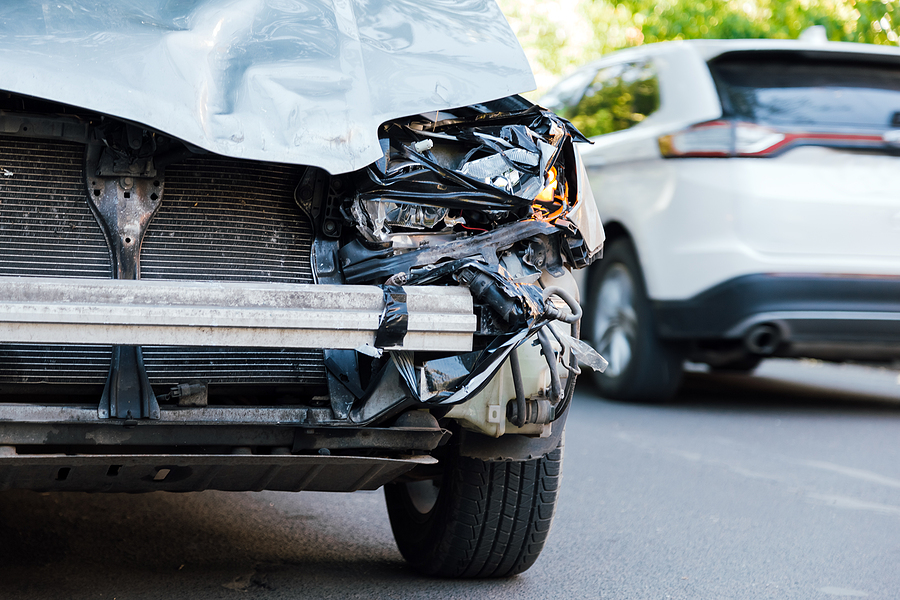Alt Title: X
Car accidents can be devastating, as even relatively minor accidents can result in a fatality. Fortunately, there are many strategies that can help you maximize your chances of surviving a car crash.
The Aftermath of a Car Accident
The aftermath of a car accident can be simultaneously traumatic and chaotic, but you need to know how to navigate this field to maximize your chances of safety and respond to the emergency appropriately.
- Remain calm. First, remain calm. You’ll be able to think about the situation with greater logic and clarity if you can keep your emotions in check. It’s also important to avoid escalating conflicts with other drivers or passengers.
- Get to safety. As soon as possible, get to safety after the accident. If your car is drivable, you may be able to drive it to a safer location. Otherwise, get yourself and your passengers to a position where you’re less likely to be hit by subsequent vehicles.
- Call for help. Contact emergency services right away. Even if you don’t feel like you’re hurt, that could just be adrenaline masking your pain. Get checked out by a medical professional.
- Gather evidence. After calling for help, start gathering evidence. Though it may not save your life, it can help you build a strong case. Take photos and videos of the scene, jot down witness names and personal information of other people involved, and file a police report.
- Work with a lawyer. After that, it’s important to get in contact with a lawyer as soon as possible. Your lawyer can help you better understand the nature of your car accident case, and potentially win you compensation for all your injuries and damages.
Preventing Car Accidents
The easiest way to avoid dying in a car crash is to prevent a car crash entirely. These are top strategies to do it:
- Reduce your speed. Follow all posted speed limits and reduce your speed even further during inclement weather. The slower you’re traveling, the more time you’ll have to react to your environment, and the softer an eventual impact will be.
- Increase your following distance. Allow plenty of distance between your car and the car in front of you, so you have ample time to react to what they do.
- Obey all traffic laws. Traffic laws are there for a reason. Obey them consistently, as well as all posted signs.
- Eliminate distractions. More than 3,500 people were killed in distracted driving accidents in 2021. You can make your car safer by avoiding distractions, like texting on a cell phone or eating a hamburger while driving.
- Be wary of other drivers. You’re a safe driver, but others may not be. Remain wary of other unpredictable drivers on the road.
Minimizing Harm
These strategies, before and during a car crash, can maximize your chances of survival:
- Choose the right vehicle. Choose the safest, best vehicle you can afford. Modern vehicles are equipped with an impressive array of safety features, from multiple sets of air bags to collision detection and warning systems. There’s no such thing as a perfectly safe vehicle, but some vehicles are certainly safer than others.
- Wear your seatbelts. Make sure you wear your seatbelt at all times, and enforce seatbelt wearing for all your passengers as well. These restraining devices have saved countless lives over the years, so you should wear one even if you find it uncomfortable or annoying.
- Store potential projectiles. Almost anything in your car becomes a projectile during a crash (including other passengers, which is why they need to be restrained by seatbelts). You can increase vehicle safety by storing potential projectiles in glove boxes, your trunk, or another secure area of your vehicle.
- Trust your anti-lock brakes (ABS). Leading up to a collision, most people have the appropriate instinct to slam on the brakes. Reducing your speed could help you avoid, or at least minimize the impact of your crash. If you have an anti-lock brake system (ABS), trust it; this system will rapidly engage and disengage the brakes, minimizing the possibility of the brakes locking up. This percussive pattern may feel strange, but continue pressing the brake pedal for best results.
- Aim for minimal impact (if possible). If you have control of the vehicle, aim for a collision that’s going to result in the lowest possible impact. As a simple and potentially unrealistic example, if you have a choice between driving into a brick wall or a stack of hay bales, choose the hay bales.
- Retain good driving posture. Good driving posture can help minimize damage during the accident. You should be seated upright, with the steering wheel pointed at an area between your chest and your face. You should have both hands on the wheel and you should remain looking forward.
- Avoid overreacting. Many people make car accidents worse, and put themselves and their passengers in jeopardy, because they overreact to the situation. This is another reason why it’s important to remain calm. You may be tempted to jerk the steering wheel, but it’s better to make deliberate, controlled movements.
If you drive very safely, and you’re a bit lucky, you might be able to avoid ever being in a car accident. But if you are unfortunate enough to be involved in a car accident, smart preparation and quick thinking may just save your life.
Image Source: BigStockPhoto.com (Licensed)
Related Categories: Cars & Vehicles, Reviews, Safety








